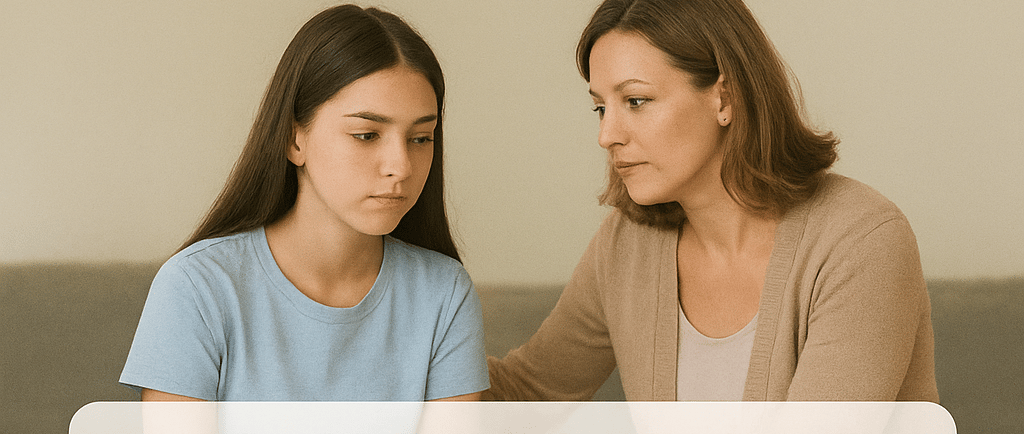How to Correct Children and Teenagers in Private: The Key to Positive Parenting and a Healthy Future
"Learn why correcting children and teens in private builds self-esteem and prevents future issues. Discover positive discipline strategies and respectful parenting tips."
10/2/20252 min read


How to Correct Children and Teenagers in Private: The Key to Positive Parenting and a Healthy Future
Have you ever corrected your child in public and noticed they shut down, got angry, or felt humiliated? , You’re not alone. Many parents do it without bad intentions, but correcting children in public can leave deep emotional scars that affect their self-esteem and confidence.
Positive discipline reminds us that educating is not about shaming, but about guiding with respect, empathy, and love.
- Why You Shouldn’t Correct Children in Public
When a child or teenager is called out in front of others, they may experience:
Shame and humiliation
Low self-esteem, feeling less than their peers or siblings
Resentment and rebellion, weakening the parent-child relationship
Loss of trust, as they don’t feel understood or protected
In the long run, these moments can create fear, insecurity, and communication issues within the family.
The Power of Correcting in Private
Correcting in private doesn’t mean ignoring inappropriate behavior. On the contrary, it sends an even stronger message:
Mutual respect: children learn their emotions matter and they deserve dignity.
Better receptiveness: in a safe environment, they are more likely to listen and understand.
+ Strengthened bond: trust and emotional connection grow deeper.
- Value teaching: they learn empathy and how to treat others with respect.
- Strategies for Positive Discipline in Private
Wait for the right moment: if you’re in public, stay calm and address the issue later in a private setting.
Speak with love, not anger: keep a calm tone and avoid yelling.
Listen before correcting: ask what they were thinking or feeling in that moment.
Explain the consequence: don’t just say “that’s wrong,” but explain why and offer alternatives.
Reinforce the positive: close the conversation by reminding them of their strengths and good qualities.
Remember: correcting in private means educating with respect and planting seeds of self-esteem in your child’s heart.
Children and teens learn not only from our words but also from the way we treat them. Correcting in public may harm them, but doing it privately teaches them responsibility, respect, and self-love.
Next time you need to correct your child, choose empathy over shame. That small act will make a big difference in their future.
Explore
Join us in the adventure of parenting.
Resources
Support
2021 © 2025. All rights reserved.
